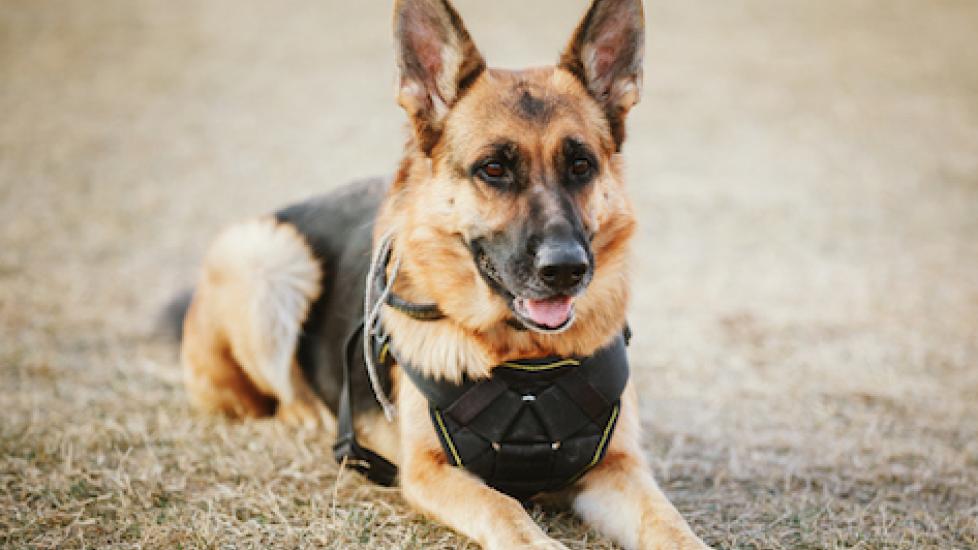In the world of military working dogs, these four-legged heroes face not only the dangers and challenges that come with their service but also the psychological toll it can take on them. Similar to human soldiers returning from combat zones, military working dogs may experience post-traumatic stress disorder (PTSD) as a result of their experiences in high-stress environments. It is crucial for us to understand this condition and its implications for our furry companions who have dedicated their lives to protecting ours.
Pet Ownership and Mental Health Benefits
Research has shown that pet ownership can significantly contribute to an individual’s mental health and well-being. Pets provide companionship, reduce stress levels, lower blood pressure, and even improve cardiovascular health. Studies indicate that spending time with pets can help alleviate symptoms associated with depression, anxiety, and loneliness by providing a source of unconditional love and affection. For individuals suffering from PTSD or other mental health conditions, the presence of a loyal dog can be particularly therapeutic due to the strong emotional bond formed between humans and animals.
Recognizing Signs of Canine PTSD
Just like humans, dogs exhibit various signs when they are experiencing distress or trauma. These can include changes in behavior such as aggression towards strangers or sudden fearfulness in previously confident situations; increased startle responses; avoidance behaviors where the dog tries to steer clear of certain places or people; hypervigilance where the animal remains constantly alert; excessive licking or chewing on themselves out of nervousness; sleep disturbances including insomnia or nightmares; loss of appetite leading to weight fluctuations—all indicating potential cases of canine PTSD if accompanied by exposure history to traumatic events during deployment.
Understanding Trauma Exposure
To better comprehend how military working dogs might develop PTSD, we must consider what kind of traumas they could encounter while serving alongside troops overseas. Some examples include witnessing violence against humans or other animals; being exposed directly to explosions, gunfire, or hostile situations; separation from handlers which creates intense feelings of abandonment within the dog; long periods under stressful confinement awaiting missions without adequate social interaction outside work duties; repeated exposure over time adds cumulative effects contributing towards development complex behavioral issues among war veterans both two-and four-footed alike.
Coping Strategies and Treatment Options
Veterinarians specializing in animal psychology along with certified trainers skilled at handling aggressive behaviors often collaborate closely together designing tailored programs aimed specifically addressing each case individually based upon observed symptoms exhibited by affected canines after careful evaluation process involving multiple assessments conducted before implementing any interventions designed around positive reinforcement techniques proven effective managing problematic actions displayed by traumatized subjects seeking relief through professional assistance offered via specialized facilities equipped handle unique needs presented heretofore unaddressed adequately elsewhere within traditional veterinary medicine practices lacking expertise dealing successfully exclusively trained professionals capable recognizing subtle cues signaling onset acute distress requiring immediate attention lest further exacerbation occurs potentially causing irreversible harm resulting prolonged neglect unintentionally caused ignorance surrounding subject matter necessitating urgent action taken immediately upon recognition warning signals sent forth silently yet urgently begging heed pay heed promptly lest dire consequences ensue inevitably left unattended undetected unheeded ultimately culminating catastrophe avoided had proper measures implemented earlier intervention steps taken proactively preventatively safeguarding welfare deserving recipients deserving protection emphatically emphasized throughout narrative constructed hereinwith utmost respect reverence honorable duty owed all those selflessly sacrificing personal comfort safety pursuit noble goals defending freedoms cherished dearly held close heart universally esteemed highly valued greatly appreciated beyond measure expressed verbally ever eloquently articulated sufficiently suffice suffice indeed!
